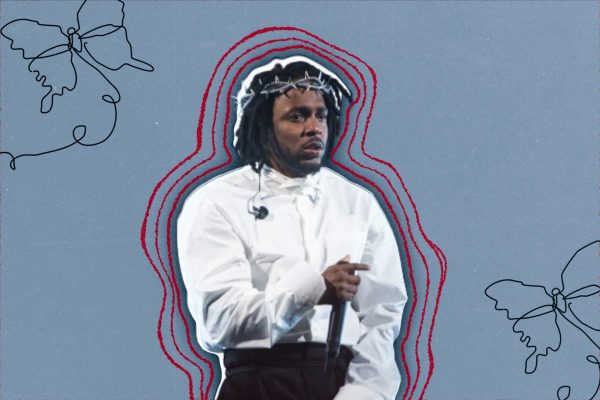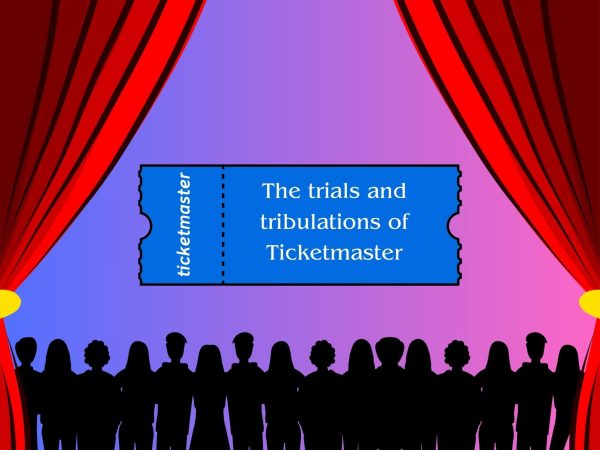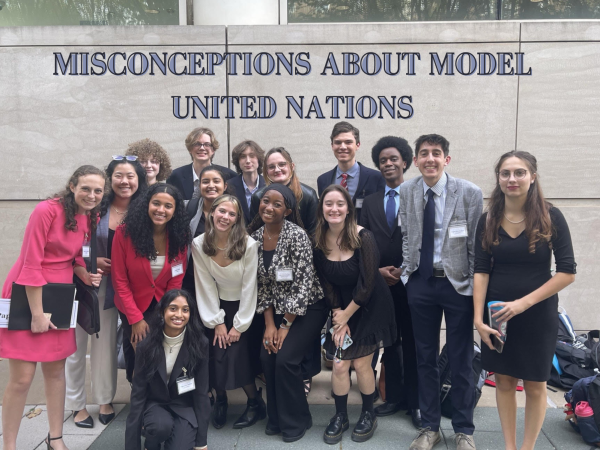A Hunger Games theme park? Because dead children equals profit
November 5, 2015
After discovering that Lionsgate planned on building a new Hunger Games theme park near Atlanta, I initially felt excitement. I immediately conjured up pictures of faux-laser-tag-like games where a group of friends fight to the “death,” using Nerf guns and bows, plus a myriad of other kids toys. It did not take long, however, for my imagination to grind to a screeching halt as I realized what I was feeling excitement for–a theme park that glorifies children fighting to the death? Probably not the best idea.
Now, I would definitely classify myself as a Hunger Games fan. The violence did not attract me; the storyline did. Correct me if I am wrong, but it appears as if a dystopian book warning about the dangers of an authoritarian government intends for us to take it as a cautionary tale, not an amusement park attraction.
Added to that, the park can really go only one of two ways: either Lionsgate can gloss over what makes the Hunger Games the Hunger Games or the company can insert it into the park; the former option likely proves more child-friendly than the latter; yet to remove the violence removes the meaning of the series. What would the company promote in the park if not the Games? Well, honestly, the creators do not know yet. They have yet to release a comprehensive plan for the park, although many can probably assume the actual Games will play a part.
True, the world already possesses stories-turned-theme-parks, with the Harry Potter theme park in Orlando standing as the most prominent example. Yet the Harry Potter franchise exists as a timeless story, capturing the imaginations of both adults and children alike, promoting universal messages of love, strength, and hope. We simply cannot compare the two, especially since Harry Potter’s main plot line did not consist of children killing each other.
Unlike Harry Potter, too, The Hunger Games park will not stand alone. Other franchises will add to it, such as Now You See Me and Step Up. The park, called Avatron, appears then as a rip-off of Disney. According to the Avatron website, guests will create their own 3D avatar and traverse throughout the park, where guests “are more and more entranced by an immersive and interactive experience.” This sounds vaguely reminiscent of Spy Kids 3, where the kids get hooked in a virtual world and are subsequently trapped there. Not exactly the most inspiring message to deliver, considering that more than one story-line exists where a virtual world traps people’s consciousness into it. Of course authors and directors intended those stories as fiction, but all fiction possesses a basis in truth, and most dystopian fiction brings a warning for the future.
Honestly, I believe the main issue lies with romanticizing the murder in The Hunger Games simply to gain more money. Both paths Lionsgate can choose possesses problems; since such a case exists, The Hunger Games theme park should not exist. While I love the series, and I cannot deny that I would love to experience it close-up, glorifying murder for profit does not sit well with me, and neither does glossing over that essential bit of the books and movies. If such a conundrum exists, perhaps Lionsgate should reconsider the making of this park.



















